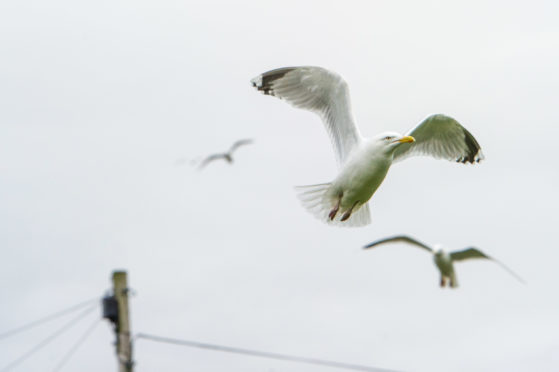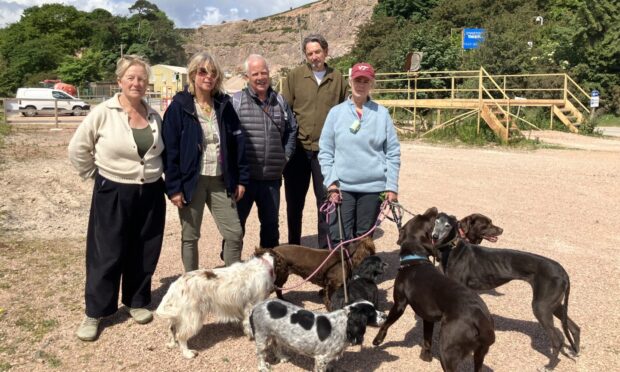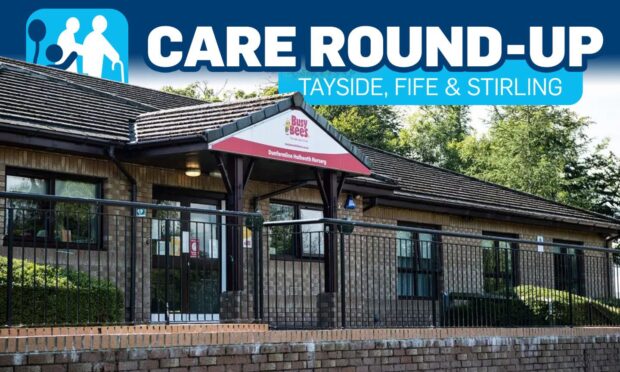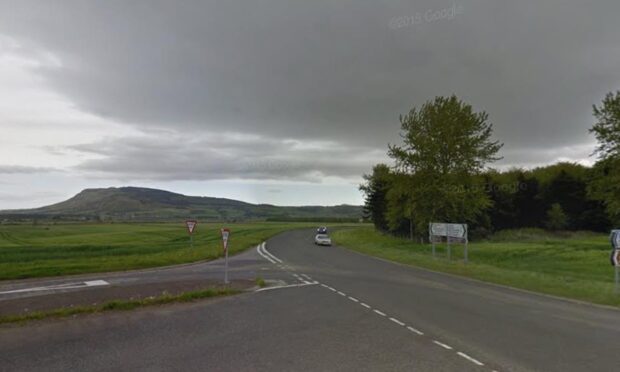Efforts to control the gull scourge in parts of Fife should be preventative, rather physical measures, councillors have said.
The potential cost of programmes such as nest and egg removal, dummy eggs, culling and gull proofing roofs has been deemed “excessive” in the current financial climate and are less effective than educating people on how to deter the birds, according to Fife Council.
Since January, the local authority has received 35 gull-related complaints, four of which are from the Inverkeithing area and included a petition of 19 names calling for firm action.
The south and west Fife area committee has admitted the figures probably underestimate the true extent of the problem, it maintains that only education, increased signage to prevent littering, and ensuring food outlets manage waste effectively will make any real difference in the long-term.
Committee convener and SNP councillor Alice McGarry said: “Gulls are quite large and can become very intimidating to the public especially if they are eating in the street.
“Gulls are a protected species so Fife Council can only take action if it’s to protect public health, safety or prevents the spread of disease.
“We’d rather try to reduce the problem through education.
“Gulls are attracted to discarded food. Reduce the food waste and littering and the gull problem will decrease.
“We need everyone to acknowledge the problem and address the issues that cause them.”
Complaints or advice requests to the council typically rise in April, around nesting time, but local authorities have no legal responsibility for gull control, which lies with building owners.
The council looked at evidence from other local authorities but noted their experiences yielded no tangible outcomes and had only been based on one-year pilot programmes.
Given the nature of gull nesting habits, advice from Scottish Natural Heritage also suggests that any impact will require a minimum of four consecutive years of nest and egg removal before gulls will change their nesting habits and move on from their primary location.
With that in mind, officers are currently working on yet another programme of prevention which councillors believe offers the most likely opportunity to reduce the impact in their area.
More signage advising the public not to feed the gulls will be prepared and erected by February 2020, while the early part of next year will also see increased visits to commercial premises, particularly food outlets, to remind owners and staff of their duty of care in relation to managing food waste.
High schools will also be visited to highlight the impact of littering between January and March, while there will also be increased patrols by safer communities officers and the use of the mobile CCTV vehicle to prevent littering and fine those flouting the law between February and August next year.










